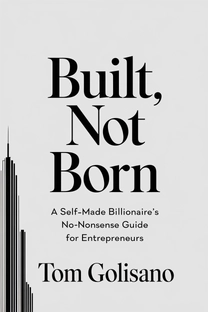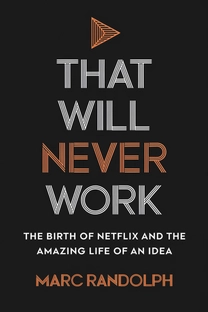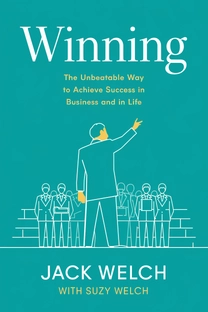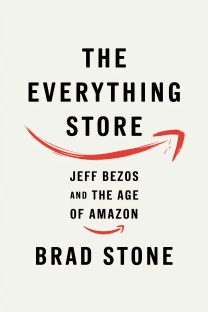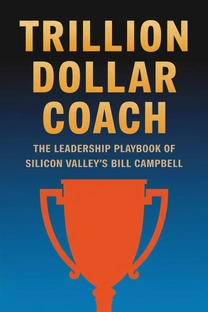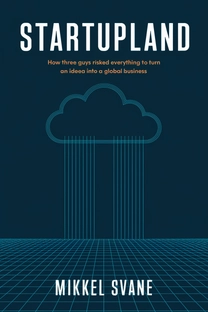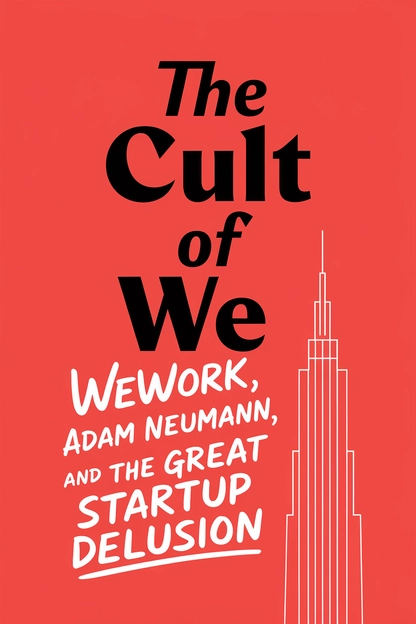
The Cult of We
WeWork, Adam Neumann, and the Great Startup Delusion
by Eliot Brown, Maureen Farrell
Brief overview
This book dives into the meteoric rise and astonishing collapse of WeWork, led by the bold and controversial Adam Neumann. It reveals how vision, hype, and billions in funding fueled staggering growth—only for hidden weaknesses to topple everything. Readers will discover a cautionary saga of ambition, leadership, and financial reality clashing in epic fashion.
Introduction
Imagine stepping into a world where office space is sold like a lifestyle brand, complete with swanky lounges, endless coffee, and an ethos of building community. This was the vision of WeWork, a beacon for aspiring entrepreneurs who wanted a workspace that looked more like a Silicon Valley haven than a drab cubicle farm.
When Adam Neumann co-founded WeWork, he promised more than fancy desks—he vowed to redefine work culture. Armed with confidence and a compelling story, he enticed both early tenants and investors alike. WeWork soon became a global presence, offering co-working in cities from Seattle to Shanghai.
Yet behind the scenes, there were troubling signs of overspending, questionable deals, and a cult of personality. The dreamlike success story had cracks that were widening at an alarming pace. This introduction sets the stage for a tale of ambition, excess, and a near-unbelievable unravelling that stunned the financial world.
In the following pages, we’ll uncover how WeWork grew so big, so fast, and why so many savvy investors lined up to hand over billions of dollars. More importantly, we’ll see the human and cultural factors that fueled the company—and ultimately brought it to the brink of collapse.
Humble Beginnings and Bold Dreams
Adam Neumann grew up in Israel, nurtured by big dreams and a desire to make waves far beyond his childhood home. Restless, he moved to New York, chasing wealth and opportunity. His first ventures, including a baby-clothes startup, never quite soared, but he displayed an uncanny knack for pitching an idea with energy and persuasion.
Miguel McKelvey, in many ways Adam’s opposite—quiet, methodical, and detail-focused—became his co-founder. Their initial collaborative workspace project, Green Desk, showed them the power of flexible leases and attractive design. Learning from that success, they shifted focus and rebranded, unveiling WeWork as a potential juggernaut in shared offices.
A central appeal was the promise of fostering a vibrant *community*: freelancers, small startups, and eventually big corporations. People didn’t just rent desks; they bought into an idea of belonging. Neumann skillfully pitched this to landlords who were dealing with vacant space during downturns, convincing them that WeWork was the future.
In these early days, both founders truly believed they were reshaping how people live and work. The company’s first handful of locations filled fast, creating buzz. Investors noticed that WeWork was tapping into a generational push away from traditional office life. Borrowing from tech’s playbook, Neumann dressed up leasing deals as if they were the next wave in software innovation.
What is The Cult of We about?
The Cult of We: WeWork, Adam Neumann, and the Great Startup Delusion delves into the mesmerizing ascent and jaw-dropping fall of WeWork, dissecting how grand illusions clashed with harsh financial truths. Authored by Eliot Brown and Maureen Farrell, this engrossing narrative captures the charismatic yet chaotic leadership of Adam Neumann. The book reveals how a seemingly transformative real estate startup harnessed investor enthusiasm, only to unravel under its own weight. By exploring themes like unchecked ambition, flawed business practices, and financial missteps, the authors highlight the crucial lessons in leadership and accountability.
The book serves as a vital case study for anyone intrigued by the intersection of aggressive entrepreneurship and its vulnerabilities. Brown and Farrell dig into the nuances and missteps in Neumann's leadership that allowed WeWork to inflate its identity and market valuation, thus attracting billions in investment. What makes this story so compelling is not just the scale of WeWork's operations but the stark realization of the corporate culture that facilitated its downfall. Here lies a cautionary tale about business and the empty promises of charismatic leadership detached from grounded business fundamentals.
The Cult of We also provides an introspective view on the 21st-century startup culture. This book underscores why sustainable growth and conscientious governance should never be overshadowed by hype and valuation frenzy. It resonates with entrepreneurs, investors, and even passive observers of the startup world, offering them a lens to scrutinize innovation wrapped in rhetoric. In short, this is a story that travels from the peak of ambition to the depths of reality, arming readers with a balanced perspective on modern-day business phenomena.
Review of The Cult of We
The Cult of We stands out for its exceptional storytelling and deep investigative journalism. Eliot Brown and Maureen Farrell craft an insightful narrative that navigates us through WeWork's intoxicating rise and crushing collapse. The book excels in spotlighting the peculiar leadership style of Adam Neumann that enthralled investors and staff alike, while shrouding financial woes and moral quandaries. It's an unparalleled expose of the overindulgent startup ecosystem that devoured more than just capital—it eroded trust and accountability.
One of the key strengths of this book lies in its methodical analysis, providing readers with pragmatic lessons on leadership and ethical business practices. In unraveling WeWork's trajectory, Brown and Farrell highlight the importance of rigorous due diligence, particularly when venture capital fuels rapid expansion. You are left pondering critical reflections on sustainable business growth versus the alluring, yet risky, whirlwind of overnight success.
The writing is accessible yet meticulous, making intricate financial data and corporate maneuvers comprehensible for all readers. Simultaneously, the storytelling is rich enough to captivate those outside the entrepreneurial sphere craving a gripping tale of modern ambition and folly. It's conspicuous why The Cult of We appeals to a diverse audience—it provides value equally to curious laypeople and seasoned industry veterans. With its incisive look into the startup bubble, this book is a highly recommended read for those eager to comprehend the fine line between prospective miracles and impending disasters.
Who should read The Cult of We?
- Investors intrigued by the potential and risks of startups as they gain a nuanced view of valuation mysteries and leadership missteps.
- Entrepreneurs who can learn from WeWork's cautionary tale on unbridled growth, focusing on strategic scaling and financial prudence.
- Management professors and business students exploring real-world case studies to discuss effective leadership and sustainable business models.
- Venture capitalists seeking insights into the pitfalls of unchecked ambition to better navigate future investment decisions.
- Individuals interested in corporate culture and the psychology behind high-stakes decision-making within iconic companies.
About the author
Book summaries like The Cult of We
Why readers love Mindleap
10-Minute Book Insights
Get the core ideas from the world's best books in just 10 minutes of reading or listening.
Curated For You
Discover your next favorite book with personalized recommendations based on your interests.
AI Book ExpertNew
Chat with our AI to help find the best book for you and your goals.
Reviews of MindLeap
Love how I can get the key ideas from books in just 15 minutes! Perfect for my busy schedule and helps me decide which books to read in full.
Alex R.
The summaries are incredibly well-written and the audio feature is perfect for my commute. Such a time-saver!
Jessica M.
Great app for personal growth. The insights are clear and actionable, and I love how they capture the essence of each book.
Chris P.
The app is beautifully designed and the summaries are top-notch. Definitely worth every penny!
Sarah K.



